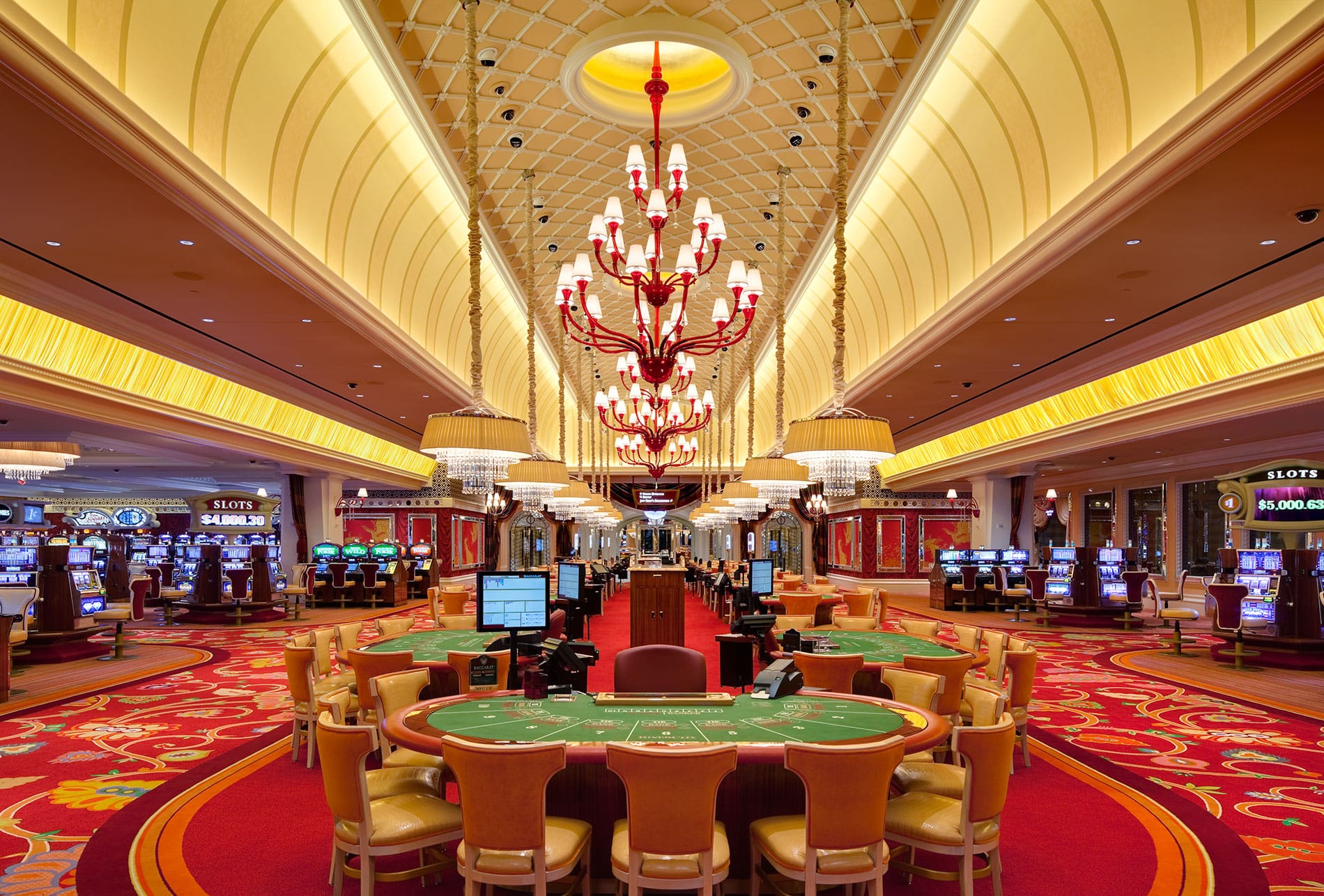
In the world of gambling, where chance and strategy meet, a unique tapestry of beliefs manifests—one that intertwines luck, fate, and the enigmatic nature of casino games. Casinos, bustling with excitement and anticipation, are not just venues for placing bets; they are also arenas in which superstitions thrive. From the novice player to the seasoned gambler, these mysterious practices often shape how individuals approach the games they play, believing that their actions can impact the outcome in ways that go beyond mere probability.
When players gather around roulette wheels, blackjack tables, and slot machines, the atmosphere is thick with stories of lucky charms, rituals, and codified behavior that defy logic yet provide a sense of comfort. new casinos not on GamStop Whether it’s wearing a specific outfit, following a particular sequence of bets, or even avoiding certain numbers, the attachment to various superstitions reflects a deep-rooted desire to master the uncontrollable. This article delves into the captivating world of casino game superstitions, examining the beliefs that simultaneously entertain and mystify those who dare to play.
Historical Roots of Superstitions
Betting games have long been entwined with an array of superstitions that trace to ancient societies. The origins of these notions can be associated to humanity’s intrinsic wish to influence the unpredictable outcomes connected with fortune and chance. In primitive civilizations, activities of chance were often linked to ritualistic practices. Players would invoke favor or seek favor from deities, believing that their actions could change the odds in their favor. This groundwork laid the foundation for the myriad of superstitions that spread as casino games evolved over centuries.
During the medieval period, gambling became a common pastime across the continent, and with it, a diverse tapestry of superstitions developed. Participants adopted various rituals and charms, believing they could influence the results of games. The importance of digits, in particular, emerged to show in superstitions pertaining to card games and dice. The number 7 was often considered favorable, while other numbers carried bad connotations. These notions mirrored the cultural contexts of the time, changing as they passed through generations and transformed to different gaming environments.
As gambling houses appeared in the seventeenth century, particularly in the Italian peninsula and France, the atmosphere surrounding betting became imbued in mystique. The growing accessibility of casino games allowed for the dissemination and growth of superstitions among players. Concepts like charmed charms, designated seating arrangements, and rituals gained prominence, creating a distinct culture within casinos. As these traditions continued to thrive, they became essential to the essence of gambling games, illustrating how the past and culture shape the convictions that influence how gamblers connect with luck.
Widespread Casino Myths
Superstitions surrounding gambling games are abundant and varied, mirroring the dreams and anxieties of gamblers as they engage in chance-based activities. One of the most prevalent beliefs is that specific digits bring fortune or bad luck. For example, the digit 7 is often seen as a lucky number, frequently sought after by players looking for a favorable outcome. Conversely, the digit 13 is routinely considered unlucky, leading many gamblers to steer clear of it during their gaming periods.
Another common superstition relates to rituals that players believe can affect their chances. It could be blowing on the dice before a throw, using a specific hand to place a wager, or even putting on particular items of attire, many individuals feel that these rituals can tilt luck in their benefit. These practices offer a feeling of control in an otherwise random environment, reinforcing the idea that fortune can be created through personal beliefs and habits.
Finally, the ambiance and vibe of the casino itself adds to myths. Many gamblers suggest that the presence of specific icons, such as four-leaf clovers or lucky coins, can enhance their odds of success. Additionally, gamblers might hold to the notion that victory streaks can be interrupted by mundane events, such as a person walking past or a spill at the table. The shared atmosphere in a casino can amplify these superstitions, creating a communal culture of superstitions that transcends individual experiences.
Impact of Superstitions on Players
Superstitions play a crucial role in the psychology of casino players, often influencing their behavior and decision-making. Numerous gamblers believe that fortune can be influenced through various rituals, such as wearing a lucky charm, choosing particular hues, or avoiding certain numbers. This reliance on superstitions can create a sense of authority in an environment that is intrinsically unpredictable. Players frequently feel more confident and involved when they feel that their actions could sway the result of a game in their favor.
The influence of these superstitions extends beyond singular players, affecting the general atmosphere inside the casino. For instance, a player who believes in the luck of a particular slot machine might draw a crowd, as onlookers are fascinated by their apparent luck. This shared belief can heighten excitement and create a lively environment, leading to an interesting experience even for those who may not necessarily be superstitious. The excitement around certain games can lead to increased participation and extended playing sessions, supporting the casino’s vibrant social scene.
In some instances, superstitions can lead to detrimental effects for players. Depending too much on rituals can result in bad gambling decisions, as some may overlook basic strategies in favor of baseless beliefs. Additionally, the pressure to perform rituals may heighten anxiety and tension, diminishing from the pleasure of the experience. Ultimately, while superstitions can enhance the thrill of playing casino games, they can also lead to poor choices that overshadow the enjoyment and entertainment intended in the casino experience.